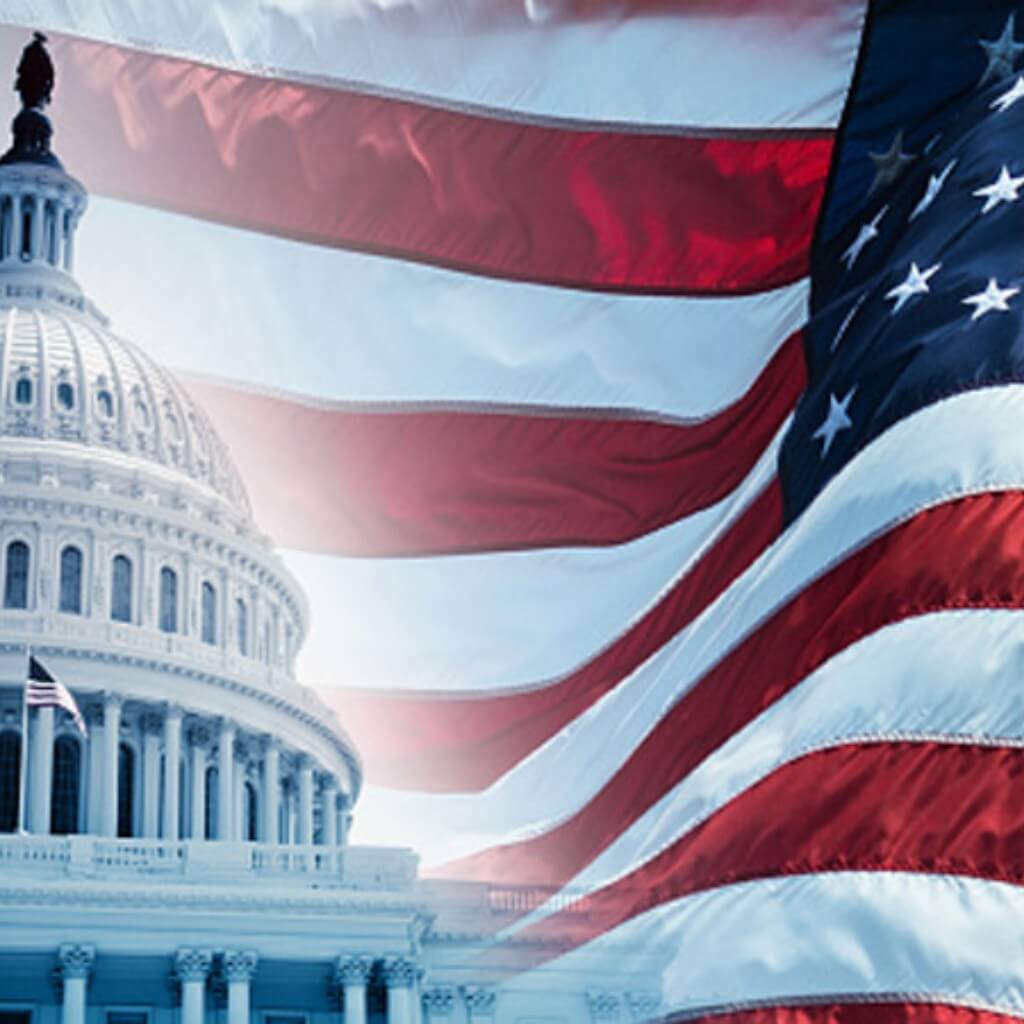When the powerful leaders of the world congregated at last month’s G20 summit in New Delhi, a significant side meeting took place. It wasn’t just another political handshake, but a crucial encounter that sought to redefine the future of global economic diplomacy. At the core of this encounter was the U.S., striving to refresh its relevance in the face of an evolving geopolitical landscape.
Biden’s High-Stakes Bet
As nations grapple with mounting economic challenges, President Joe Biden seems intent on reinvigorating the U.S. influence on a global stage. Recent efforts highlight the U.S.’s determination to strengthen the World Bank and the IMF.
For decades, these institutions have been pillars of a financial system built in the aftermath of World War II, primarily under the U.S.’s leadership.
Yet, with China’s expanding global influence, Biden, along with top officials like Treasury Secretary Janet Yellen, hopes to counterbalance this shift.
The real challenge isn’t just about monetary investments; it’s about reestablishing trust and credibility. Biden’s plan to funnel billions into developing economies signifies more than just economic aid. It’s an attempt to hold the ground in an era where the U.S. doesn’t dominate the global economic narrative as it once did.
Yet, while global cooperation is a noble pursuit, skeptics question the feasibility of such endeavors. Can institutions like the World Bank and IMF retain their stature even as the U.S. assumes a slightly subdued global economic role?
Navigating a Complex Global Landscape
Actions, they say, speak louder than words. Biden has already made strides by pushing for reforms that seek to expand the World Bank’s resources by a massive $200 billion.
Furthermore, he has urged Congress to pour an additional $25 billion into the World Bank, aiming to magnify its economic firepower.
Combine that with plans for the IMF, which include allocating $21 billion in U.S. funds to enhance its aid capabilities, and you have a financial blueprint geared towards global stability.
But there’s a catch: delivering on these promises isn’t a walk in the park. Internally, the U.S. political climate is nothing short of volatile. Acquiring congressional approval amidst such uncertainty is a tall order.
Externally, the administration has to rally international support, which in itself is a formidable task. Advanced economies, grappling with their own fiscal constraints, may be hesitant to pitch in, especially when the question of fair representation in these institutions remains unresolved.
In a world where China’s economic influence is undeniable, the U.S.’s refusal to address the underrepresentation of emerging economies in the World Bank and IMF is glaring.
China’s Belt and Road Initiative, for instance, stands as a monumental testament to its ambitions. The nation’s financial commitments to developing regions, especially in infrastructure, dwarf many of the relief efforts of other global entities.
The Crossroads of Diplomacy
The U.S.-China dynamic is more strained now than it’s been in decades, and caught in this whirlwind are institutions like the IMF and World Bank.
These organizations, standing at a crucial juncture, must decide their future path. Engaging with China or initiating a phase of disengagement isn’t just a diplomatic decision; it’s a choice that could redefine global economic paradigms.
To assume that global challenges can be resolved without the involvement of a powerhouse like China would be naive at best. Thus, as the U.S. pushes to reset its influence via the World Bank and IMF, it must navigate this intricate maze with strategic finesse and a bold vision.
In the end, it’s not just about financial investments or political showmanship. It’s about the U.S.’s ability to adapt, lead, and coalesce in an ever-evolving global order. Only time will reveal the true implications of this high-stakes game of geopolitical chess.





